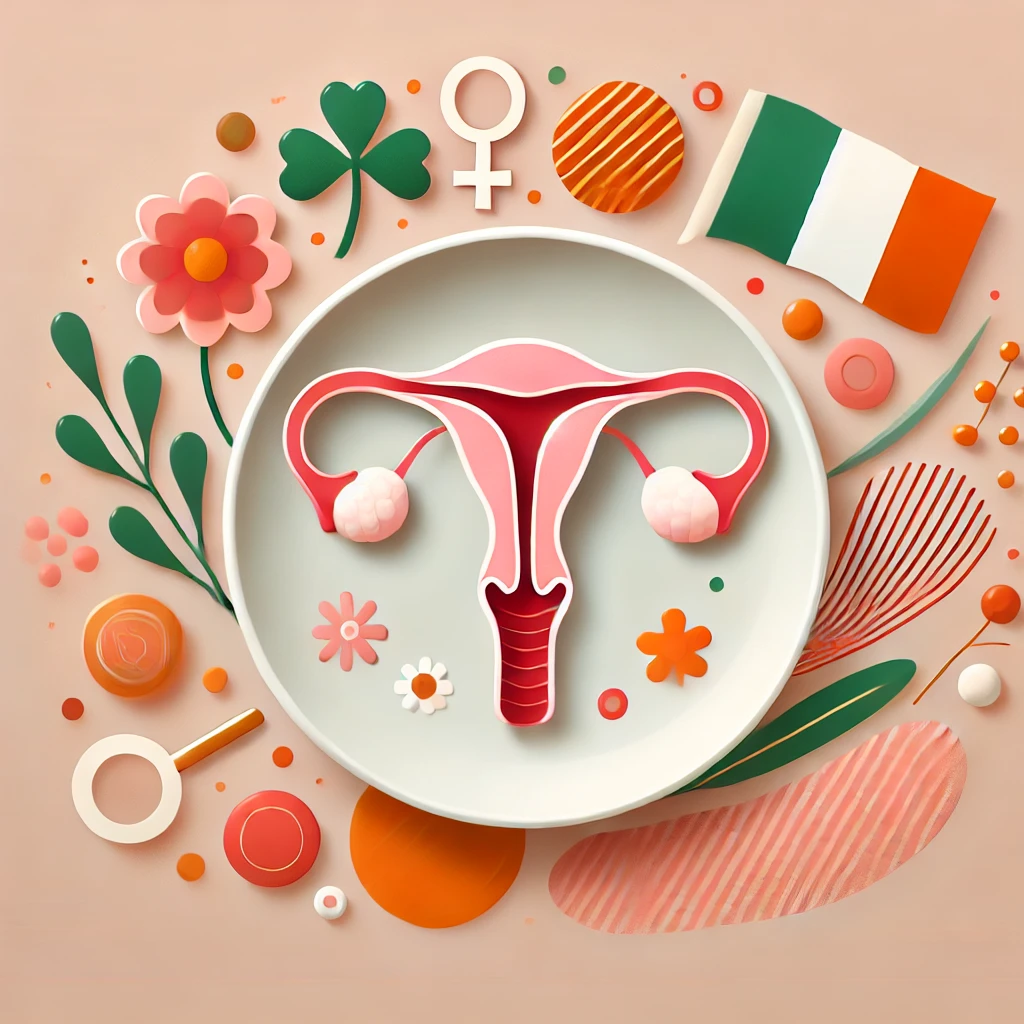Understanding the Role of Estrogen in Vaginal Health
Estrogen is a powerhouse hormone that influences various aspects of a woman’s health, especially vaginal hydration and comfort. Estrogen naturally keeps the vaginal tissues moist, elastic, and healthy. When estrogen levels dip, typically during menopause, women may experience noticeable changes in their vaginal health, including dryness and discomfort.
Why Do Estrogen Levels Change?
Estrogen levels fluctuate throughout life, with some key stages being more significant:
- Menopause: During this time, estrogen levels drop sharply, often leading to dryness, discomfort, and other changes.
- Postpartum: After childbirth, many women experience lower estrogen, especially if breastfeeding, contributing to temporary dryness.
- Aging: Natural aging can gradually lower estrogen levels, impacting overall vaginal health.
If you’re noticing symptoms related to these changes, remember that you’re not alone, and there are effective ways to manage this. At AMAE Clinic, we offer guidance tailored to each stage, ensuring women have access to personalized, professional care.
How Low Estrogen Levels Affect Vaginal Hydration
When estrogen declines, the vaginal lining can thin, reducing its natural lubrication and elasticity. This often results in:
- Increased dryness and irritation
- Discomfort during intimacy
- Higher susceptibility to infections due to reduced pH balance
Did you know? Dryness from low estrogen can affect day-to-day comfort, not just during intimate moments.
AMAE Clinic provides safe and effective options for managing these symptoms, from natural solutions to medical interventions.
Solutions for Improving Vaginal Hydration
Here are some approaches that might make a difference:
- Vaginal Moisturizers: Unlike lubricants, which are typically for intimate moments, moisturizers can be used regularly to maintain hydration.
- Estrogen Therapy: Some women may benefit from low-dose estrogen creams or tablets. These target vaginal tissues directly, promoting natural lubrication. However, always consult a healthcare provider before starting hormone therapy.
- Balanced Hydration: Drinking water is essential! Staying hydrated can support all your body’s tissues, including the vaginal area.
Considering hormone therapy? Consult with an AMAE professional to discuss the benefits and risks, especially if you’re experiencing severe symptoms.
Daily Tips to Support Vaginal Health
Simple lifestyle changes can also make a positive impact:
- Limit Caffeine and Alcohol: These can be dehydrating, so moderating intake might help.
- Avoid Irritants: Scented products can dry out sensitive tissues. Opt for fragrance-free soaps.
- Mind Your Diet: Foods rich in omega-3 fatty acids and antioxidants support skin and tissue health.
Looking for daily lifestyle tips? Check out our article on Lifestyle Tips for Everyday Comfort with Vaginal Dryness for more ideas.
Hormonal Health & Vaginal Dryness: Addressing Common Concerns
Hormone changes can feel isolating, but understanding that they are a natural part of life can be reassuring. If you’re considering hormone therapy or other treatments, we can help answer questions and find the best solution for your unique needs.
At AMAE Clinic, our team specializes in women’s health, providing support that’s both empathetic and evidence-based. If hormone shifts are affecting your comfort, reach out to discuss how we can support you with safe, effective care options.
Next Steps: Seeking Help and Professional Advice
If you’re struggling with the effects of low estrogen on vaginal health, consider setting up a consultation with AMAE Clinic. Our experts can discuss options that range from natural solutions to medical treatments, helping you make choices that align with your lifestyle and comfort.
Explore More: For additional support, don’t miss our articles on Natural Remedies for Vaginal Dryness and Choosing the Right Moisturizer for Vaginal Health. Taking charge of your health is empowering, and AMAE Clinic is here to support you every step of the way.
